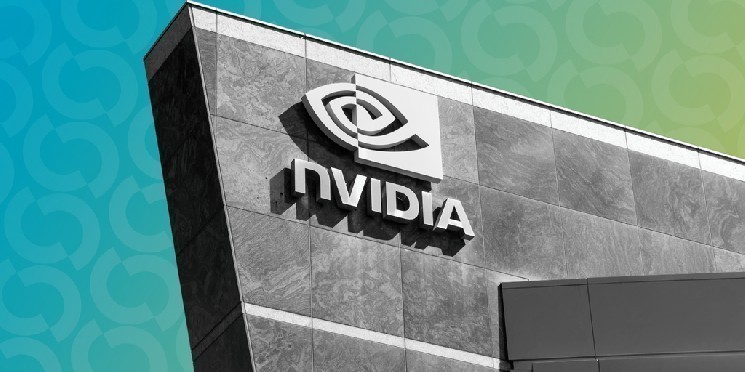Wall Street’s confidence in the long-term potential of artificial intelligence faced its toughest test this week, as the market sent a mixed but clear message: Fear of high valuations trumps fundamentals.
Even though Nvidia Corp. reported massive third-quarter profits that easily beat consensus estimates, market reaction showed that valuation concerns and uncertainty over the sustainability of the AI boom continue to keep investor sentiment firmly in bear territory.
The chipmaker, whose graphics processing units are a key foundation of the current AI revolution, announced late Wednesday that sales exceeded expectations at $57 billion, and its outlook for the current fiscal year is similarly strong, with fourth-quarter sales expected to be $65 billion. The results should have ignited a sector-wide rally, driven by insatiable demand from hyperscalers such as Google parent Alphabet and Microsoft.
Rather, this surge proved to be short-lived.
Nvidia’s stock price initially soared in after-hours trading and opened significantly higher on Thursday, but quickly reversed course and closed down about 3.15%. The dramatic reversal in market leader AI dragged down the entire technology sector and contributed to a 2.2% plunge in the tech-heavy Nasdaq Composite Index on the day.
More extensive cooling
This week’s moves underscored a broader debate among institutional investors about whether the multi-year AI bull market has escalated into a speculative bubble.
This skepticism is evidenced by the shift in market attention to the defensive sector. Throughout November, professional fund managers moved money away from high-growth technology and AI stocks and into sectors like healthcare, significantly outperforming the broader market. Meanwhile, tech was the worst-performing sector in the S&P 500 this month.
Other major AI infrastructure efforts followed Nvidia’s lead. Rival Advanced Micro Devices (AMD) fell nearly 8%, other chipmakers also contributed to the selloff, and the PHLX semiconductor index fell nearly 5% on Thursday.
Pure AI software takes a hit
This bearish sentiment is particularly hurtful to pure-play AI software vendors, many of which lack the established cash flow and diverse revenue streams of Big Tech giants.
Shares of C3.ai Inc. (AI), a prominent enterprise AI application provider, have fallen for five days, highlighting the vulnerability of a company whose entire valuation rests on the prospect of rapidly expanding AI revenue. The company’s stock opened this week at around $13.44 per share, but has steadily declined, dropping 5% over the past five days, according to Yahoo Finance.
The drop means C3.ai’s stock price has fallen more than 26% in the past month, indicating investors are reassessing the risks associated with its current business model ahead of December’s earnings report. The company currently faces strong competition from major cloud providers who are aggressively pushing their AI platforms, and concerns remain about the long path to monetization of enterprise AI solutions.
The disconnect between Nvidia’s underlying business strength and the stock market’s lukewarm response shows that while the AI revolution is undoubtedly real, investors are no longer willing to take on the sector’s current valuations without clear signs of sustained and widespread commercialization outside of the largest cloud and chip companies.


